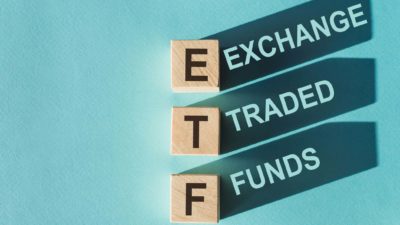"How many millionaires do you know who have become wealthy by investing in a savings account ?" – Robert G Allen.
Putting money away into a savings account means gains are guaranteed. But it can also mean investment returns are minimised.
Interest rates are at all-time lows so returns on savings accounts are minimal. A savings account is a good place for an emergency fund, but it won't provide an outsize potential upside.
That's where share market investing comes in. But share market investing is not a short-term game. It can take time to grow your portfolio. And thanks to the impact of compounding returns, growth can be impressive.
Think the long game
One key to successful investing is to allow returns to compound over time. This means reinvesting the money that you earn on your investments. If you gain interest on a savings account, you leave that interest in the account and start earning interest on your interest.
With ASX shares, you can reinvest dividends into more ASX shares. This means over time, as your returns earn returns, the overall size of your investment can grow exponentially. The key thing to note is that the impact of compound returns increases over time.
This means that you have to be willing to be patient when investing. It can take time for investments to pay off, and some may fail. This is why it is important to spread investments across a variety of ASX shares (and other asset types, if applicable).
Doing this is known as diversifying. Many investors spread their investments across dividend shares such as Coles Group Ltd (ASX: COL) or BHP Group Ltd (ASX: BHP), as well as growth shares such as Afterpay Ltd (ASX: APT). Because you can't predict the future, diversification means that you don't have all your eggs in one basket.
Short-term pain for long-term gain
Compounding works to magnify returns on investment as interest is earned on interest. Over time this can have a significant impact on portfolio value.
By re-investing your investment earnings instead of spending them, you can start to build a larger overall portfolio. This may be painful in the short-term, but it can pay off in the long term with bigger overall returns.
That's why it pays to think long-term when investing.









